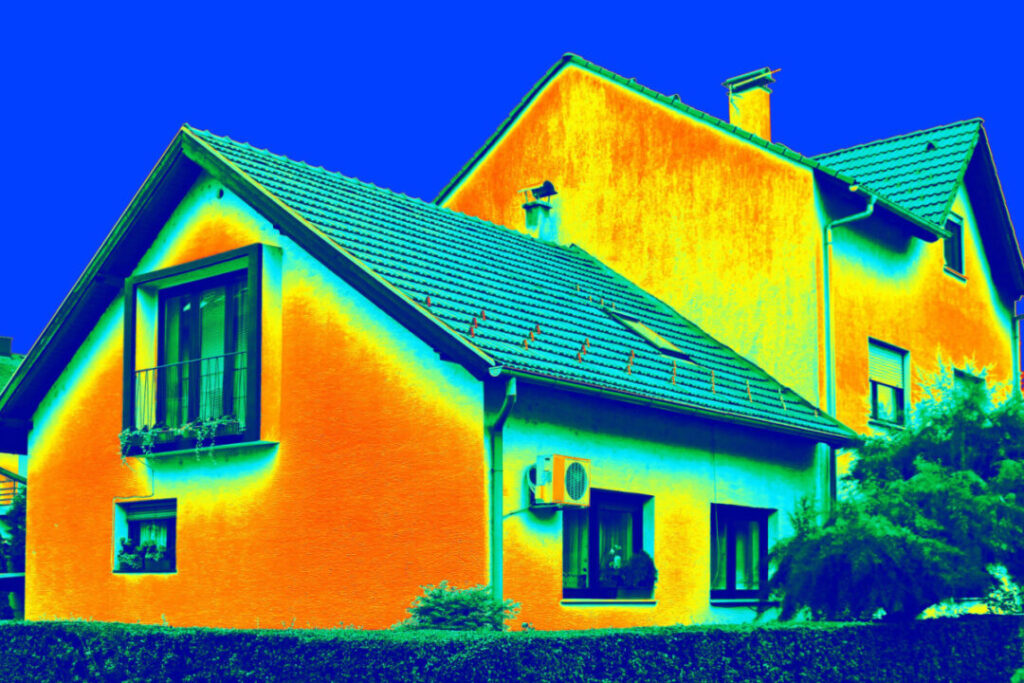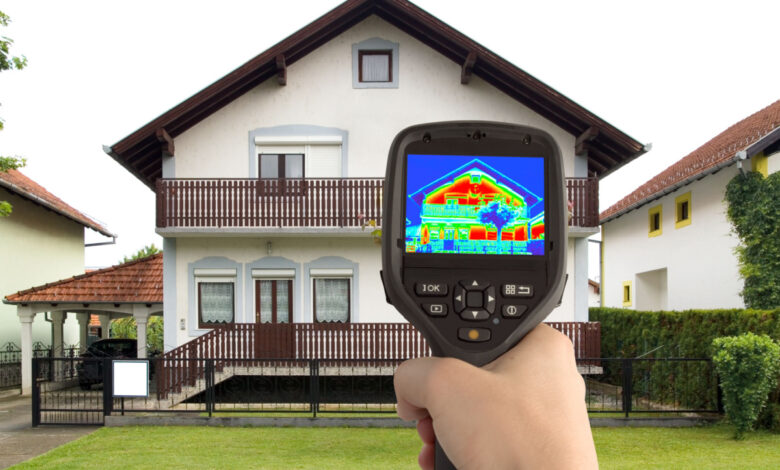In times of increasingly high energy bills, many families are looking for innovative solutions to reduce home heating costs. One of these, surprisingly effective and still little known in Italy, is the use of a thermal camera. And some French municipalities have activated a free loan service for citizens to use this tool. Moral? It is proving to be a fundamental ally for identifying the critical areas of homes where the greatest heat losses occur.
What is a thermal camera?
A thermal camera is a device that detects and measures the heat emitted by objects. By translating this information into images based on temperature variations, it allows you to clearly see the areas of the house that lose the most heat.
This technology, once the exclusive domain of professionals and businesses, is now more or less within the reach of individual citizens (from 500 to 1500 euros to buy it). Of course, if a municipal service provides it, it's even better.
How does the "municipal" loan work?
The loan process is simple and accessible. French citizens can contact their municipality to check the availability of the service and book a thermal camera. The duration of the loan varies from a couple of days to a week, and in some cases a security deposit is required, returned upon return of the camera.
This opportunity allows citizens to become active actors in managing their home comfort and in the fight against global warming.
It is worth saying that you need to know how to use it to correctly interpret the results. A superficial analysis could lead to erroneous conclusions and interventions thermal insulation unnecessary or ineffective.

But it's a great idea
The number of French municipalities offering this service (such as this: this) is constantly increasing. The hope is that this initiative can also spread to other countries, including Italy, promoting a more sustainable and conscious approach to domestic heating.
The availability of thermal cameras on loan from Municipalities is a concrete example of how technology can be put at the service of collective well-being and the environment. Think of a solution that combines the loan of a thermal camera with a mini course on how to use it to better insulate the house. Not only would it help citizens save on heating bills, but it would also stimulate greater awareness about energy optimization.
When we say "public service". No?


